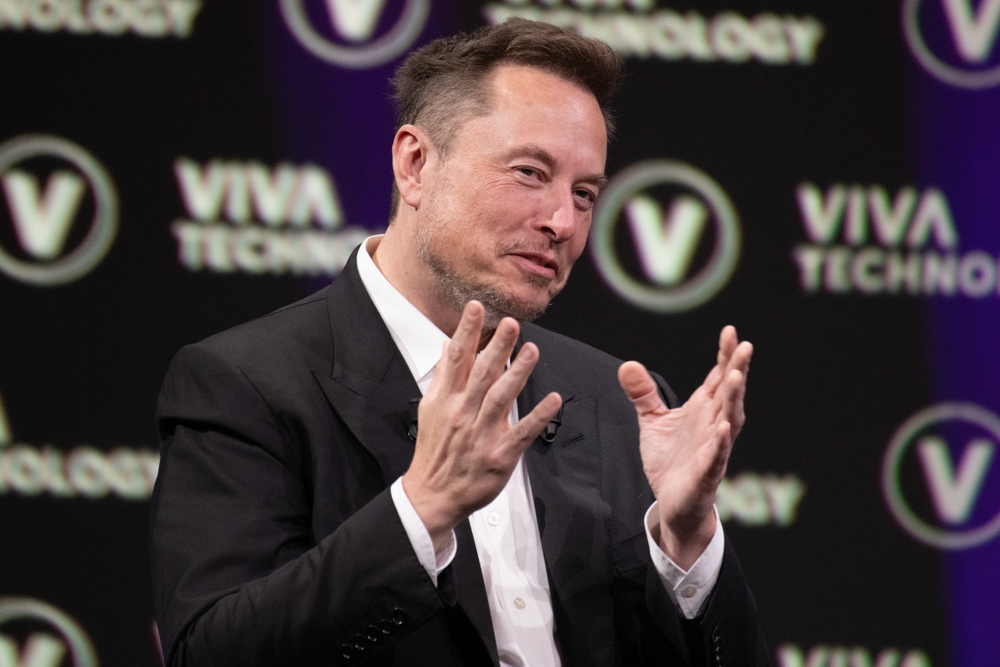German Museum Questions Honoring Figures Like Elon Musk
Others are reading now
Museums play an essential role in shaping how we view history and the people who influence it.
They often balance honoring achievements with providing a full picture of complex legacies.
This task becomes particularly tricky when dealing with living figures.
Recently, the German Museum in Munich faced this challenge when it decided to remove Elon Musk, the billionaire founder of SpaceX, from its “Visionaries from the Past and Present” exhibition, writes Tag24.
Also read
The museum initially featured Musk alongside historical space experts like Max Valier. Valier, who lived from 1895 to 1930, was a pioneer in rocketry.
Musk’s inclusion was intended to link past achievements with modern innovation. However, the museum reconsidered this decision.
A spokesperson explained that honoring living individuals in a prominent way could appear to endorse them uncritically.
The spokesperson added that a person’s achievements are often best evaluated with the benefit of hindsight.
In mid-November, the museum decided to remove the entire panel that included Musk.
Officials noted that the plaque accompanying his image provided only a brief description, making it impossible to give a comprehensive view of his life and work.
They also highlighted the challenges of keeping museum exhibits updated in response to fast-moving events.
Musk’s presence in the exhibit had become controversial, partly due to his political affiliations.
Through his social media platform X (formerly Twitter), Musk recently voiced support for right-wing European parties, including Germany’s Alternative für Deutschland (AfD).
He recommended the AfD ahead of the country’s upcoming federal elections. Musk even hosted a live discussion on X with Alice Weidel, the AfD’s leader and top candidate.
This political involvement has drawn significant criticism. Some view Musk’s actions as aligning with divisive ideologies.
These controversies likely contributed to the museum’s decision, though officials did not explicitly cite them.
By removing Musk, the German Museum has sparked broader discussions about the risks of celebrating individuals before their legacies are fully understood.
This incident reminds us of the complexities in acknowledging modern figures and how societal values shape the stories we tell.


